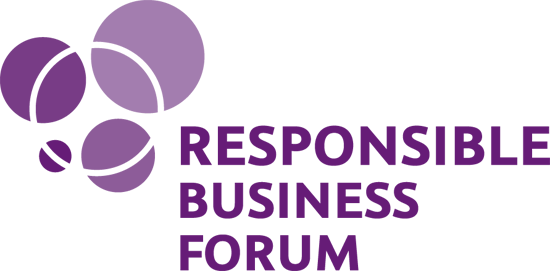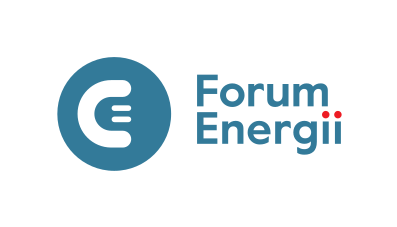
One-day event on sustainability in practice for finance and business
A year after Russia’s invasion of Ukraine, the energy discussion remains at the top of the political and business agendas in Europe and beyond. The European Union urgently needs to rethink its energy mix, infrastructure, and electricity markets in order to decrease its independence from external actors. Can sustainable finance accelerate the speed of green investments and public-private partnerships, and if yes, how?
Re-energising the European transition is a special one-day event focused on sustainability in practice for both finance and business sectors. It is hosted by independent expert organisations in Warsaw, with the presence senior decision makers from public and private sectors, academia, and other relevant fields.
The event will focus on what sustainability means in practice:
how to accelerate change and transform business strategy,
how to integrate sustainability in processes and measures,
what to prioritise to ensure optimal impact and outcomes for profitability, resilience, and risk management.
The aim of the conference is to inspire, educate, and trigger thought-provoking discussions about how best to tackle climate risk and energy dependence in practice, and what solutions the EU’s Sustainable Finance Agenda offers for the competitiveness of the Polish economy
and financial sector.
This event is hosted under the auspices of the CEE Sustainable Finance Summit held in Prague, 15-19 May 2023.
Are you interested in watching the recorded sessions?



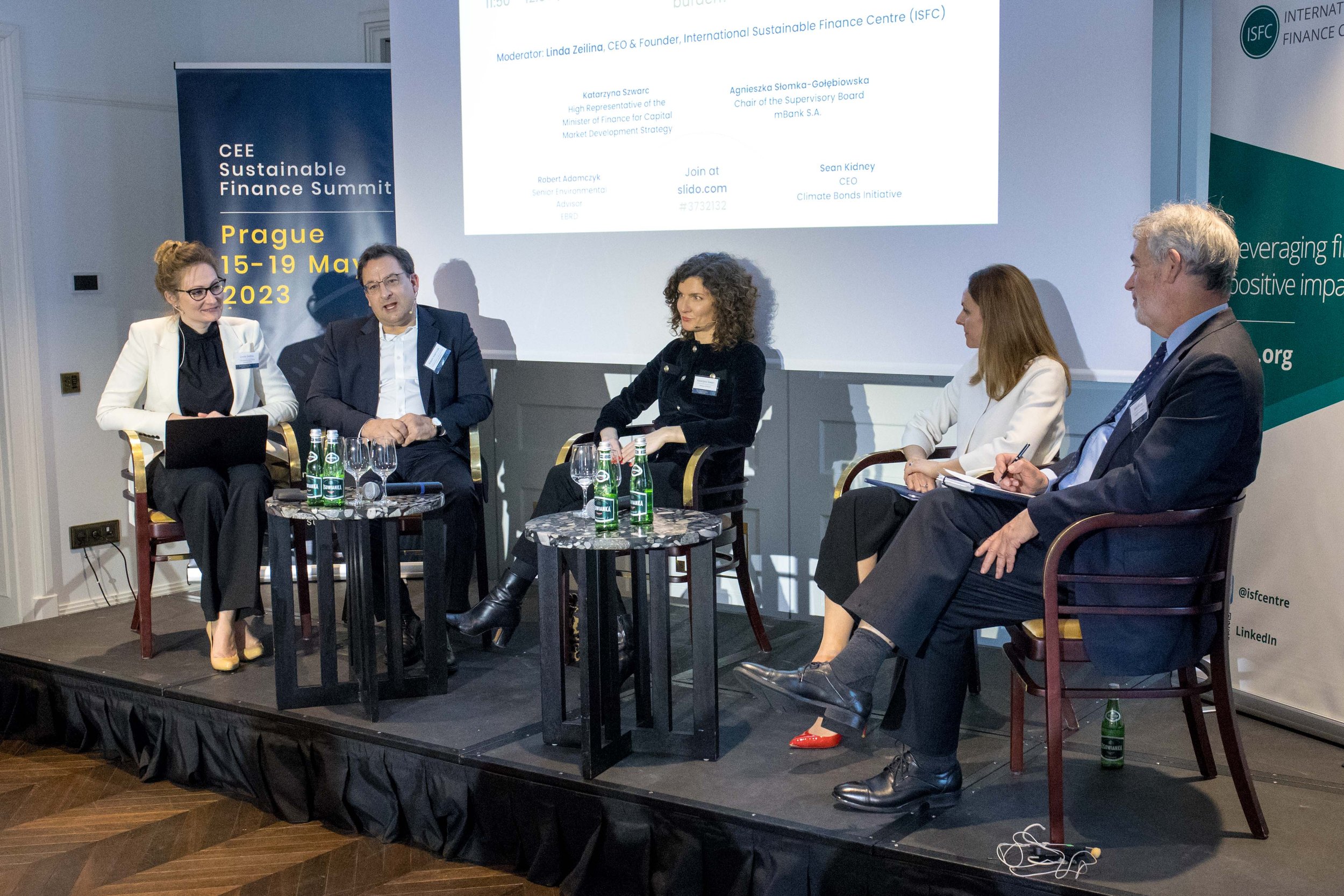



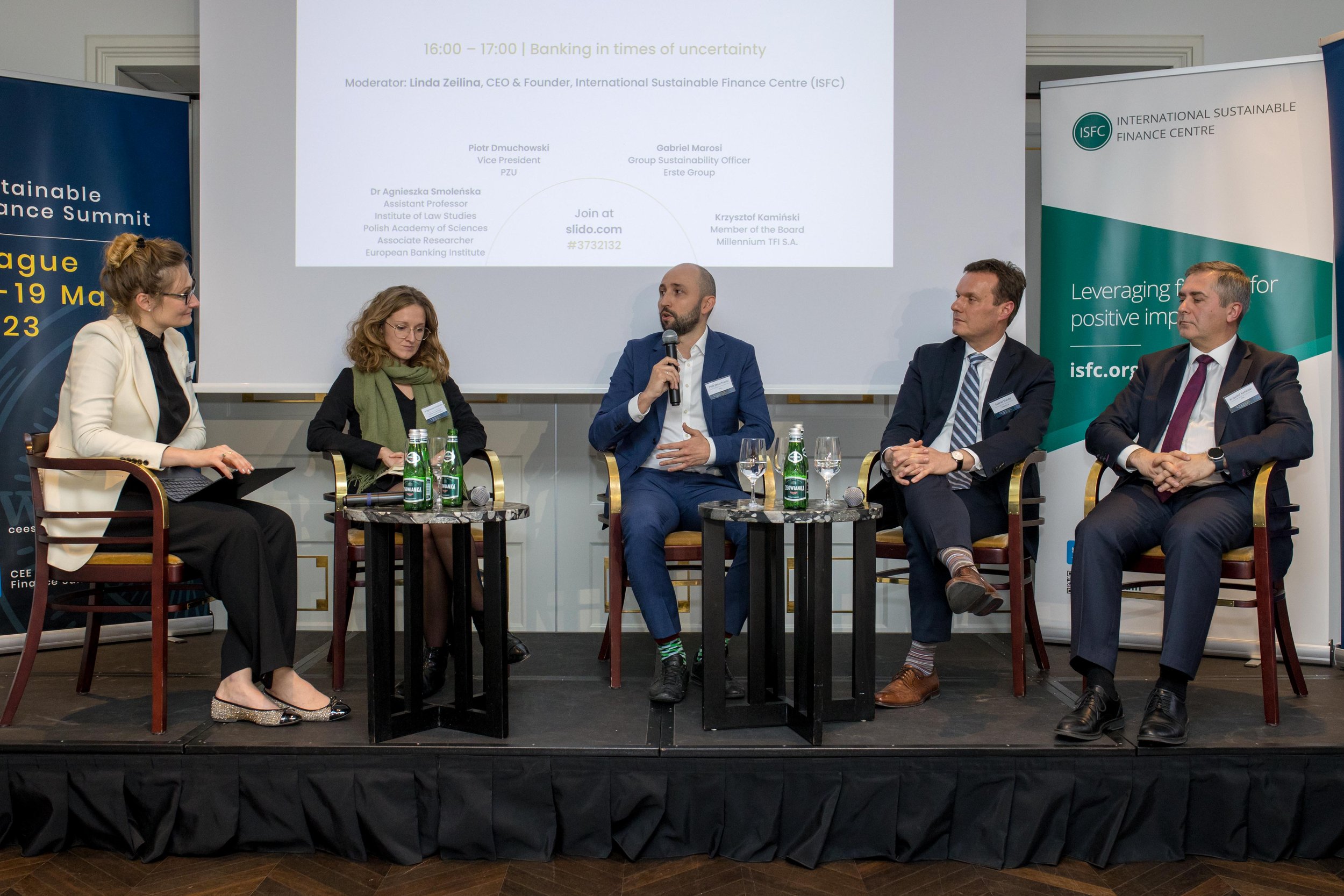
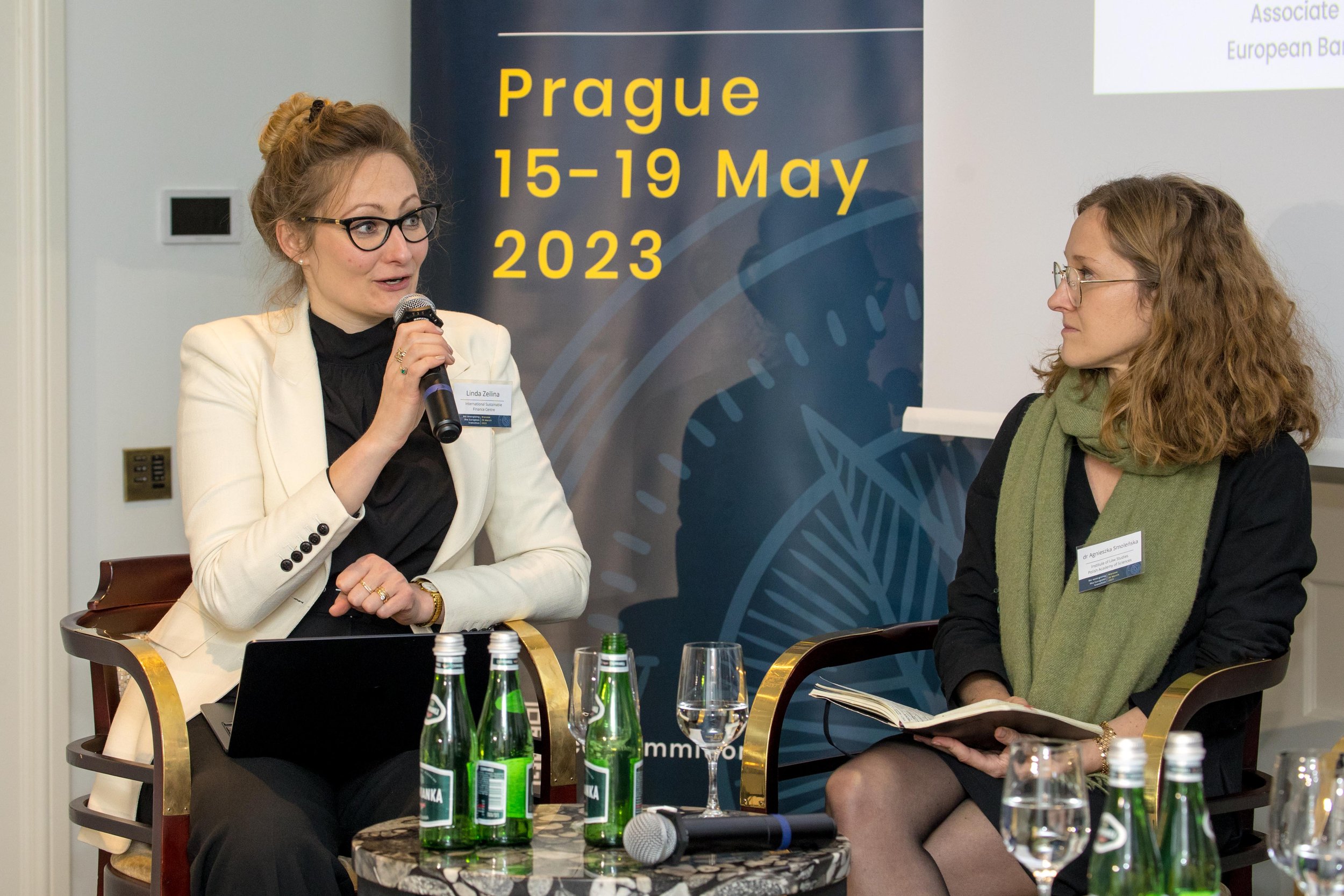
Agenda
28. 03. 2023, Hotel Bristol, Warsaw
Krakowskie Przedmieście 42/4400-325 Warszawa, Poland
08:30 – 09:00 | Registration
09:00 – 09:15 | Welcome remarks
09:15 – 09:30 | Opening keynote
Eryk Frontczak, Carbon Product Manager, HeavyFinance
09:30 – 10:30 | The evasive transition: powering a new energy landscape
A year after Russia’s invasion of Ukraine, the energy discussion remains at the top of the political and business agendas. We need different, better energy grids and improved electricity markets, with better cross-border integration across Europe. Changing the current energy mix and grid set up will require a lot of investment and public private partnerships. In addition, the transition needs to be sped up.
What are the hard truths about Europe’s energy mix and electricity markets?
How can we improve the financing of energy infrastructure in Europe?
What can be done better by the different actors?
How can we solve the slow speed of energy transition?
Speakers:
Wojciech Krawczyk, Director, Department of Strategy and Analysis, Ministry of Climate and Environment, Poland
Monika Morawiecka, Senior Advisor, Regulatory Assistance Project (RAP)
Jacek Misiejuk, Chief Executive Officer, Enel X Polska Sp. z o.o.
Dominika Taranko, Director, ZPP Energy and Climate Forum
Moderator: Dr Joanna Maćkowiak-Pandera, President, Forum Energii
10:30 – 11:15 | Coffee break
11:15 – 11:30 | Keynote presentation
Sean Kidney, CEO, Climate Bonds Initiative
11:30 – 11:50 | Fireside-style discussion
Łukasz Dziekoński, Founder & Chairman, Montis Capital
Lukasz A. Olszewski, Head of Sales CEE and Ukraine, S&P Global Ratings
11:50 – 12:50 | The EU Sustainable Finance Agenda: an opportunity or a burden?
The EU’s Sustainable Finance Agenda has been both praised and criticised. Yet it represents the most advanced attempt to tidy up the messy sustainable finance standardisation space, with its effort to create a scientifically based taxonomy of sustainable economic activities, with the standardisation of EU Green Bonds, and standardisation of corporate disclosures through the CSRD.
Non-financial and ESG reporting: what are the key tangible benefits that businesses can reap from the rise of disclosures?
How to operationalise ESG integration for better financing?
What is changing in the financial sector (banks and investors) that might affect future business financing?
Speakers:
Robert Adamczyk, Senior Environmental Advisor, European Bank for Reconstruction and Development
Katarzyna Szwarc, High Representative of the Minister of Finance for Capital Market Development Strategy, Poland
Agnieszka Słomka-Gołębiowska, Chair Of The Supervisory Board, mBank S.A.
Sean Kidney, CEO, Climate Bonds Initiative
Moderator: Linda Zeilina, CEO & Founder, International Sustainable Finance Centre (ISFC)
12:50 – 14:00 | Lunch break
14:00 – 14:15 | Keynote speech
14:15 – 15:15 | Sustainable real estate, built environment and infrastructure
With the pressures on households and businesses to reduce their energy usage, real estate and construction sectors are under greater spotlight. The need to finance more sustainable projects and developments raise questions about the optimal solutions, including discussions about public and private partnerships, state aid, public procurement, and other related challenges and opportunities for creating improved policy and financing conditions.
What are the main barriers to improved outcomes in construction and real estate? What could help drive more sustainable developments?
What are the best examples of successful projects or developments, and what elements played a crucial role?
What is needed to finance more energy efficient buildings?
How can real estate developments be future-proofed to improve their long-term value retention and resilience?
Speakers:
Anna Duchnowska, Managing Director of Investment Management, Invesco Real Estate
Pawel Warda, Executive Vice President (EVP) Operations in Poland, Board Member, Skanska Commercial Development Europe
Moderator: Réka Sulyok, Chief Economist, International Sustainable Finance Centre (ISFC)
15:15 – 16:00 | Coffee break
16:00 – 16:15 | Keynote speech
16:15 – 17:00 | Banking in times of uncertainty
In 2023, the banking sector faces unique challenges. The European energy transition and its greater focus on energy efficiency presents both a challenge and an opportunity. As political, business, and societal priorities change, banks face pressures to adapt their approaches and products. The need to better manage ESG, and especially climate-related risks, is rising – to reduce exposures to businesses that might not be viable in the near to medium term.
What can banks do better to manage ESG and climate-related risks?
What are good examples from Europe and globally of risk management and development of new practices or products to take advantage of the “green shift”?
Are banks in the CEE region doing enough to drive the region’s transition and transformation?
Speakers:
Gabriel Marosi, Group Sustainability Officer, Erste Group
Krzysztof Kamiński, Member of the Board, Millennium TFI S.A.
Piotr Dmuchowski, Vice President, PZU
Dr Agnieszka Smoleńska, Assistant Professor, Institute of Law Studies, Polish Academy of Sciences; Associate Researcher, European Banking Institute
Moderator: Linda Zeilina, CEO & Founder, International Sustainable Finance Centre (ISFC)
17:00 – 17:30 | Closing remarks and conclusions of the day
17:30 | Evening reception
Speakers
Follow us for updates:




